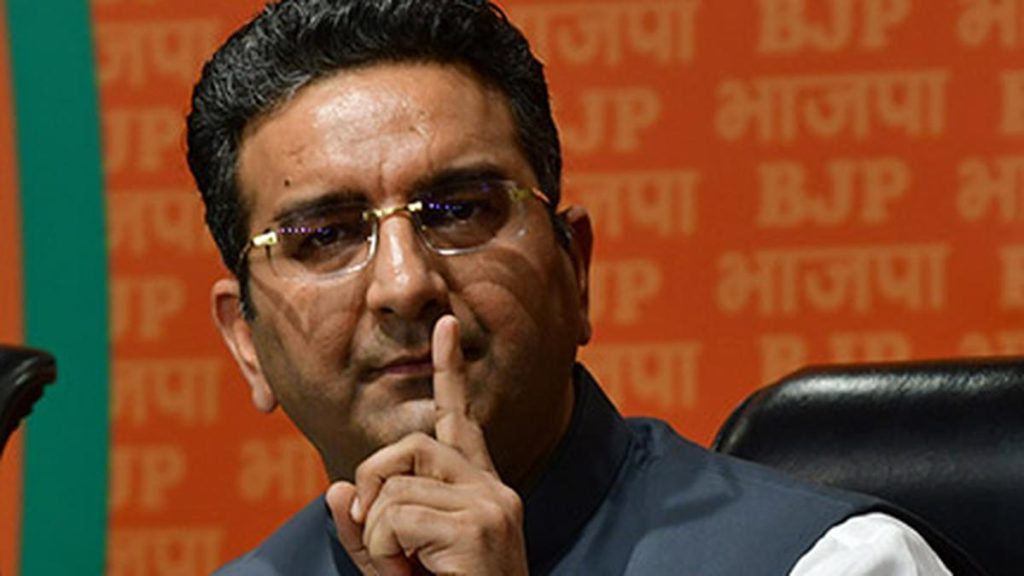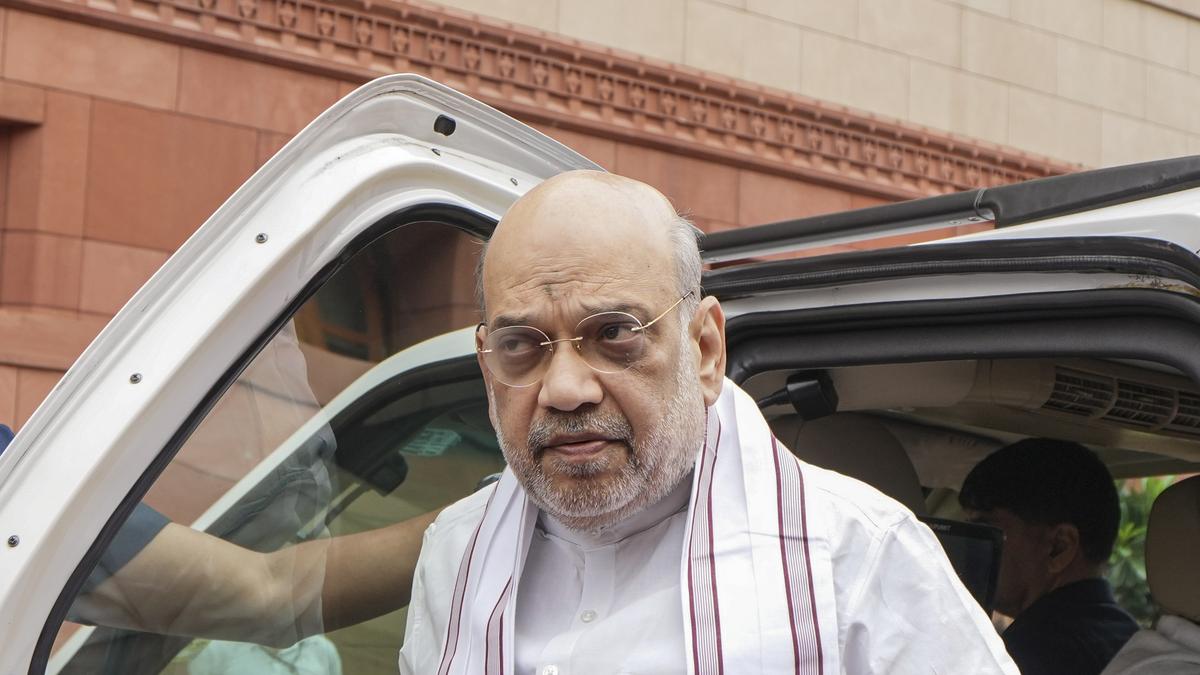Now Reading: Rights Group Accuses J&K Police of Failing to Protect Kashmiris After Pahalgam Attack
-
01
Rights Group Accuses J&K Police of Failing to Protect Kashmiris After Pahalgam Attack
Rights Group Accuses J&K Police of Failing to Protect Kashmiris After Pahalgam Attack
Swift Summary
- The Forum for Human Rights in J&K,co-chaired by Justice madan B. Lokur and Radha Kumar, released its annual report on human rights on August 4, 2025.
- Jammu & Kashmir Police’s “hasty and incorrect information” after the Pahalgam terror attack blaming local Kashmiris triggered backlash, hate speech, trolling, arrests, and illegal demolitions.
- The National Examination Agency (NIA) later clarified that the attackers were Pakistani nationals one month after the damage was done.
- Mob actions affected officials like Foreign Secretary and defense personnel who were trolled over issues like ceasefire statements.
- The report criticized lack of preventive action by both state and Union authorities against anticipated backlash towards Kashmiris following the attack.
- Security lapses leading to the Pahalgam terror attack were highlighted; it killed 26 civilians while no advisories to warn residents or tourists were issued beforehand.
- During ‘Operation Sindoor,’ civilians in border areas faced incessant firing without evacuation efforts while military retaliation was delayed by two weeks.
- Mass questioning of detainees (over 2,800 people) with PSA/UAPA charges on over 100 individuals was described as collective punishment for administrative failures of Union Home Ministry/L-G governance.
- Imposition of new Transaction of Business Rules concentrated power under L-G’s control before elections; this reportedly undermined democratic governance.
Indian Opinion Analysis
The findings presented in this report shed light on critical administrative failings and highlight how miscommunication can exacerbate societal divisions. Misidentification following a terror attack not only caused increased vulnerability for Kashmiri citizens but also created an habitat ripe for polarization-events such as trolling aimed at government officials further emphasize the ripple effects.The broader implications touch upon governance: centralized decision-making through new rules risks reducing public trust in democratic processes ahead of assembly elections. additionally, operational delays during crises underline gaps not just in intelligence-sharing but also civilian preparedness during heightened cross-border tension. Ensuring timely communication from security agencies along with robust crisis management frameworks may be pivotal going forward to inspire confidence across stakeholder communities.
Read More: [Link provided]

























